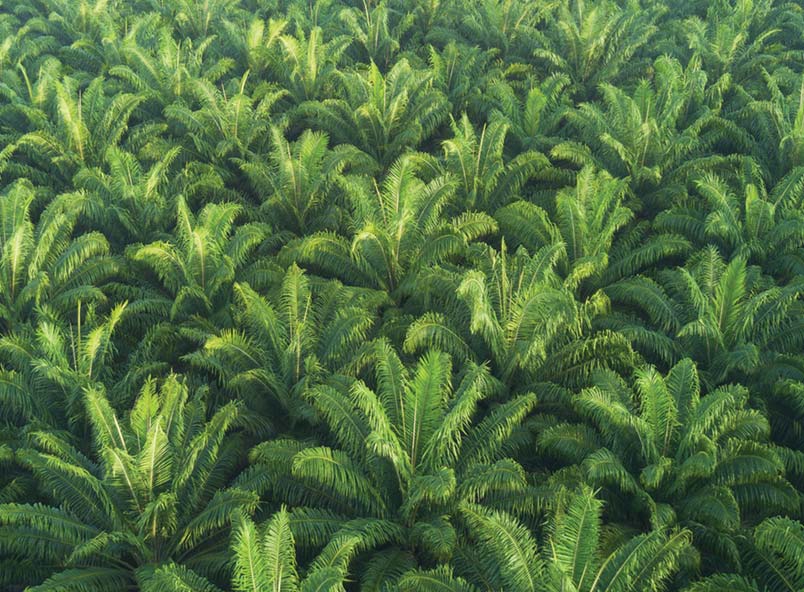



Cost of delay
The next community meeting is in Senjeh. Back on the main road, we can’t help but notice the number of trucks stacked high with sacks of charcoal. We’ve been told in Falie that one of the Zodua Clan’s biggest concerns was the number of charcoal burners coming into their forest from outside the clan area. And it’s not just the small stuff the charcoal-burners are using; equipped with powerful chainsaws, the trees they’re now cutting down are getting larger and larger.
This isn’t an easy issue. Charcoal is a critically important part of Liberia’s energy economy, providing a large number of people with decent livelihoods. But there’s obviously no regulation, and as the population continues to grow, the pressure on Liberia’s forests will become more intense. That’s the real threat to forests in these countries: not so much clear-felling for timber or plantation agriculture, but remorseless encroachment of one kind or another.
As with Falie, things are ready to go in Senjeh. The FPIC process and participatory mapping have been done; the crop compensation (of about US$250,000, covering just 1,825 ha) has been paid; and 10 contract workers have been employed to monitor any encroachment in the area.
A formal Memorandum of Agreement has been signed, which means that SDPL has already installed a number of pumps and latrines, and is currently paying for the cost of road repairs. It has committed to fund the refurbishment of a school in one of the communities and to support the clinic in Beafinie. All this before a single hectare has been planted!
At the meeting, things settle quickly into the same sort of rhythm, with even more eloquence: “Sime Darby has already helped us wipe away the tears, and our children are excited at the idea of a new school. We pray to Allah every day to work His influence on our Sime Darby friends to get the bulldozers in, and get the bridge built.
“But so many times we’ve seen the Sime Darby cars drive up, and then drive away again with nothing changed. Meanwhile, the logging companies are here all the time, wanting to get access to our land. We don’t want them on our land, but they’re offering us a lot of money.”
There’s a directness about the comments, as each member of the Land Committee adds a new dimension, with the women focusing on health (‘without a proper clinic, our children are dying’), food and education.
The 1,825 ha demarcated in Lower Senjeh are on land formerly planted for rubber. But all work on the plantation ceased at the start of the civil war, allowing the forest to regenerate. There really shouldn’t be any problem clearing this land, as a former rubber plantation, but Sime Darby has strictly observed the moratorium on new planting even here.
Of equal interest to Sime Darby is the possibility of expanding the plantation onto another 5,000 ha in Upper Senjeh, once the HCS assessment has been completed. But how much of that will be ruled off-limits, with too much HCS in it?
And because the delay has been dragging on over several years, the company will now also have to re-do its audit of High Conservation Values across the whole area – another part of the extensive regulatory system set up through the RSPO’s New Planting Procedures to help minimise environmental damage and direct development into those areas that will be least impacted both from a biodiversity and a high carbon point of view.
